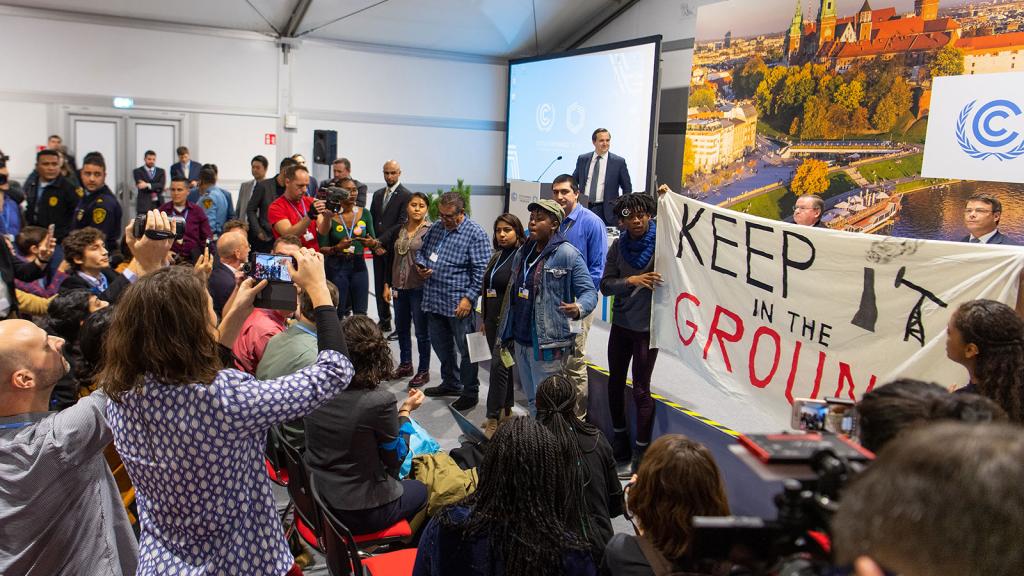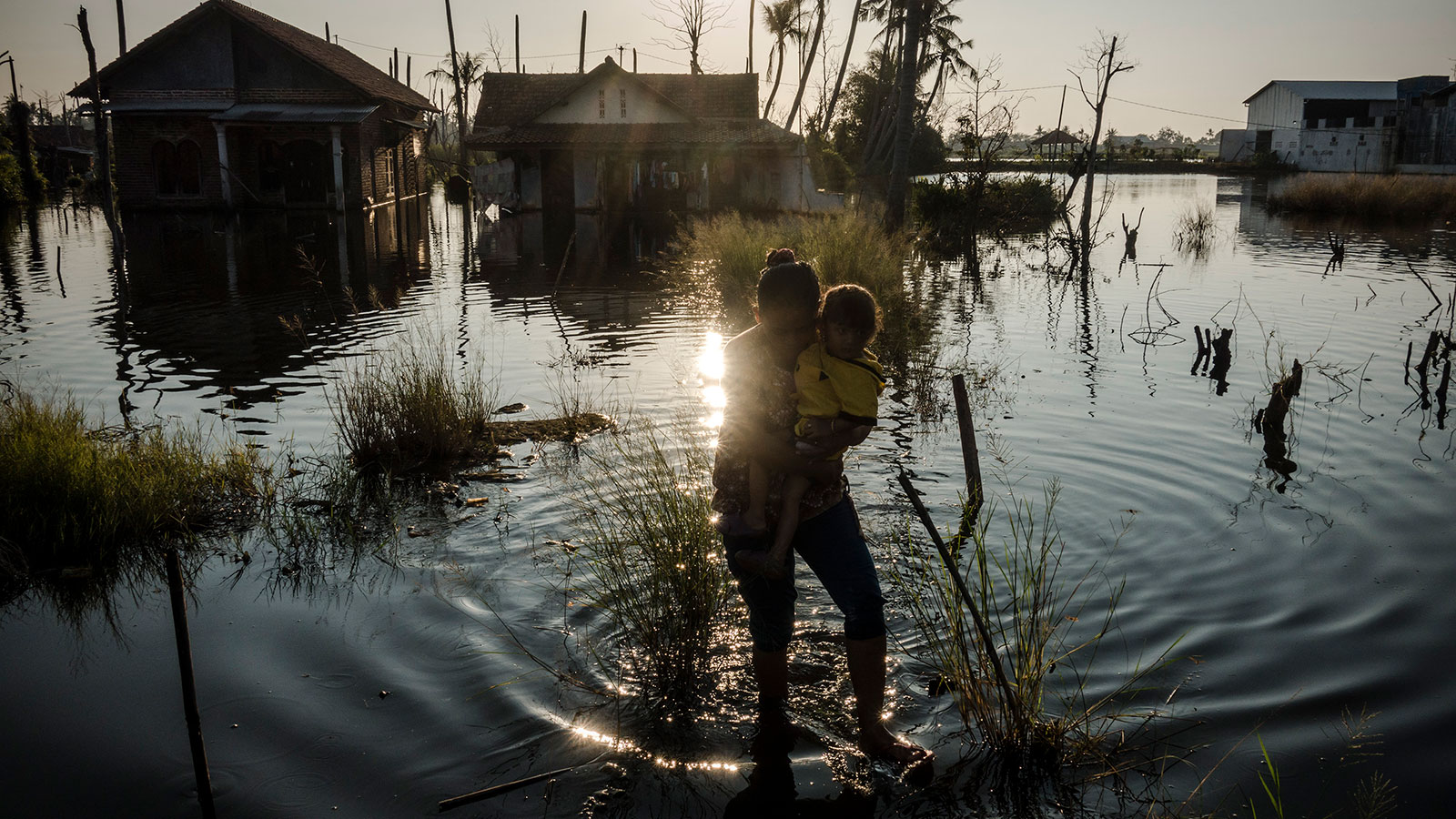Seventy years ago today, nearly every nation in the world approved a list of fundamental rights entitled to every human being on the planet. the Universal Declaration of Human Rights was a milestone document signed in the wake of World War II. Now, a new humanitarian crisis is afoot: climate change.
So many of our human rights, such as the right to life, food, health, and an adequate standard of living are adversely affected by climate change. From devastating hurricanes to killer wildfires, climate change exacerbates socioeconomic disparity, gender inequality and other forms of discrimination.
And yet, even among our so-called climate leaders, the link between justice and the environment goes unnamed. As the United Nations climate summit in Katowice (dubbed COP24) enters its second week, some advocates are concerned that the conversation has not been focused enough on human rights. When the Paris Agreement was signed three years ago, parties outlined a vision that recognized nations must respect and protect human rights. This year, the talks are being sponsored by coal companies, and the latest draft of the Paris rulebook (which outlines what countries need to do to put the accord into action) omits a human rights reference.
Sébastien Duyck, senior attorney at the Center for International Environmental Law released a statement in response to the silence around human rights at COP24, saying, “Immediate action is necessary to avoid the suffering of millions of people and the collapse of ecosystems, and to be truly effective that action must be rights-based and people-centered. At a time when every human right is threatened by the accelerating climate crisis, it is unacceptable for negotiators to be backsliding on the promises of the Paris Agreement.”
Here at Grist, we agree that covering the environment involves covering human rights as well. Here are some of our top justice stories of 2018:
Heat Check
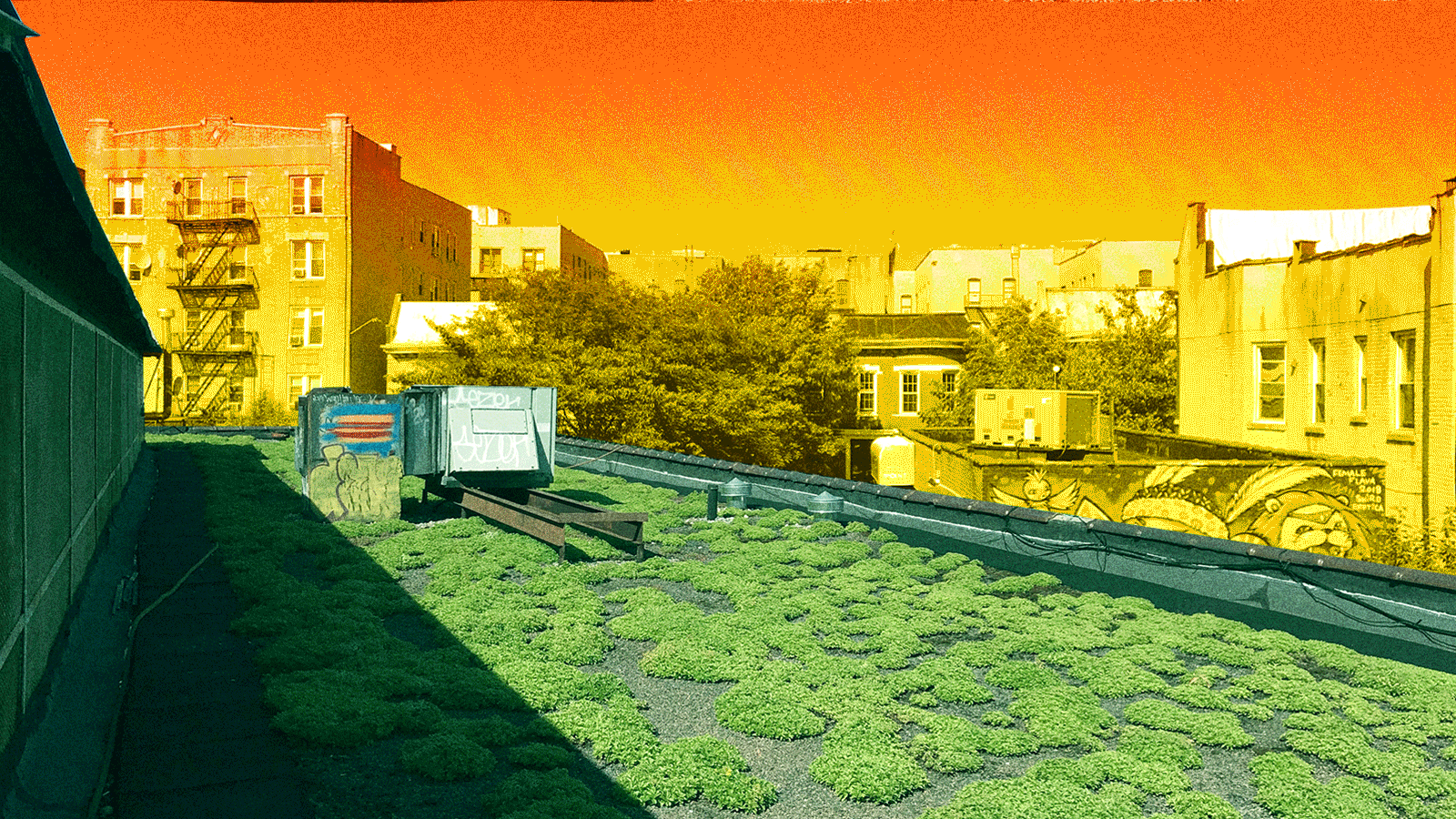
Grist / Justine Calma
Extreme heat kills more than a hundred New Yorkers yearly. Here’s how the city’s tackling the problem in a warming world.
4 Indigenous leaders on what Bolsonaro means for Brazil
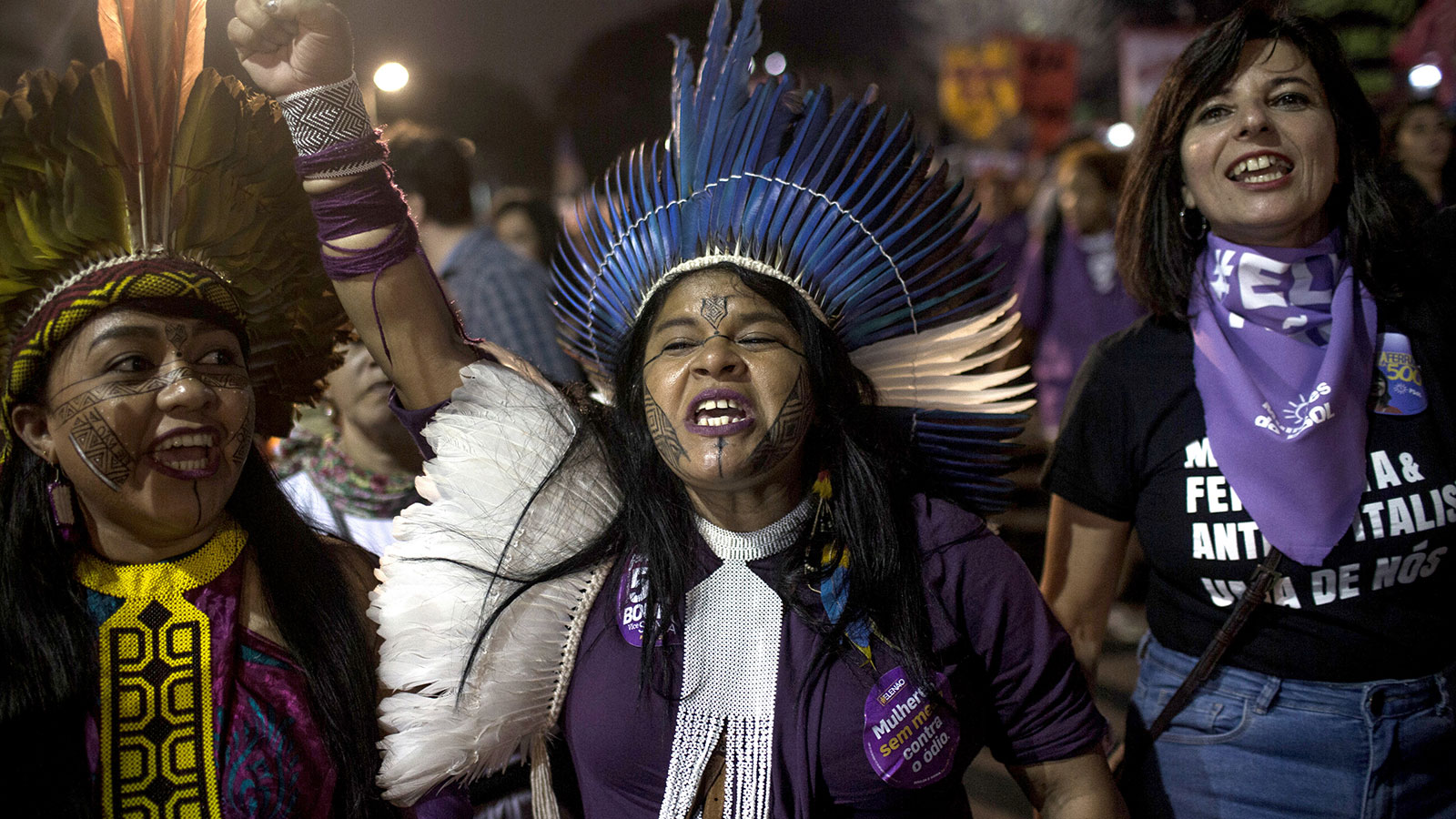
Brazilian President-elect Jair Bolsonaro wants to open the Amazon rainforest up to new development. But it’s not just one of the world’s largest carbon sinks that’s threatened — the lives of many of Brazil’s indigenous peoples are under siege as well.
Between Trump and a devastated place
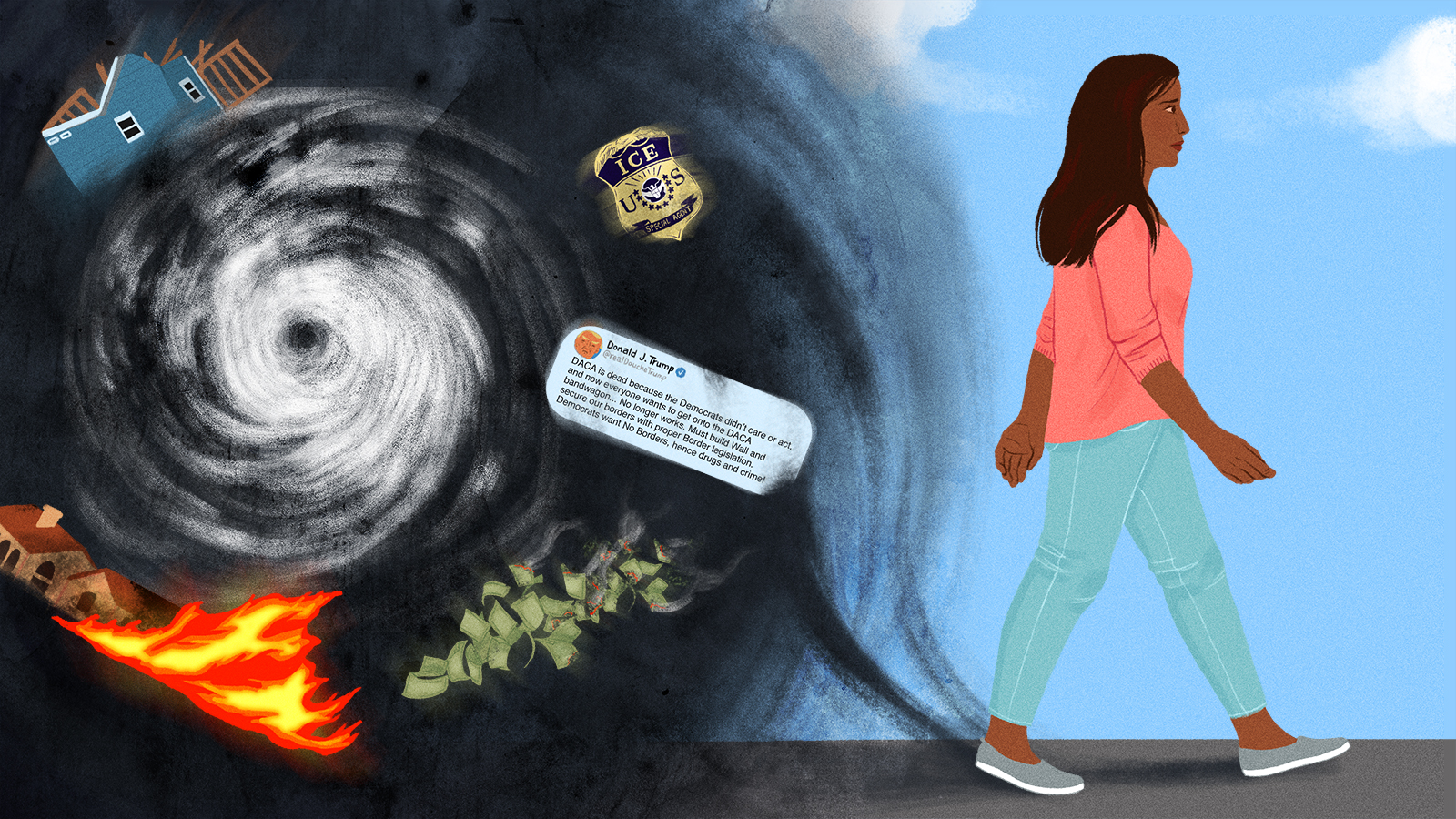
This year, undocumented immigrants reeled from hurricanes, fires, and the Trump administration.
When criminal justice and environmental justice collide
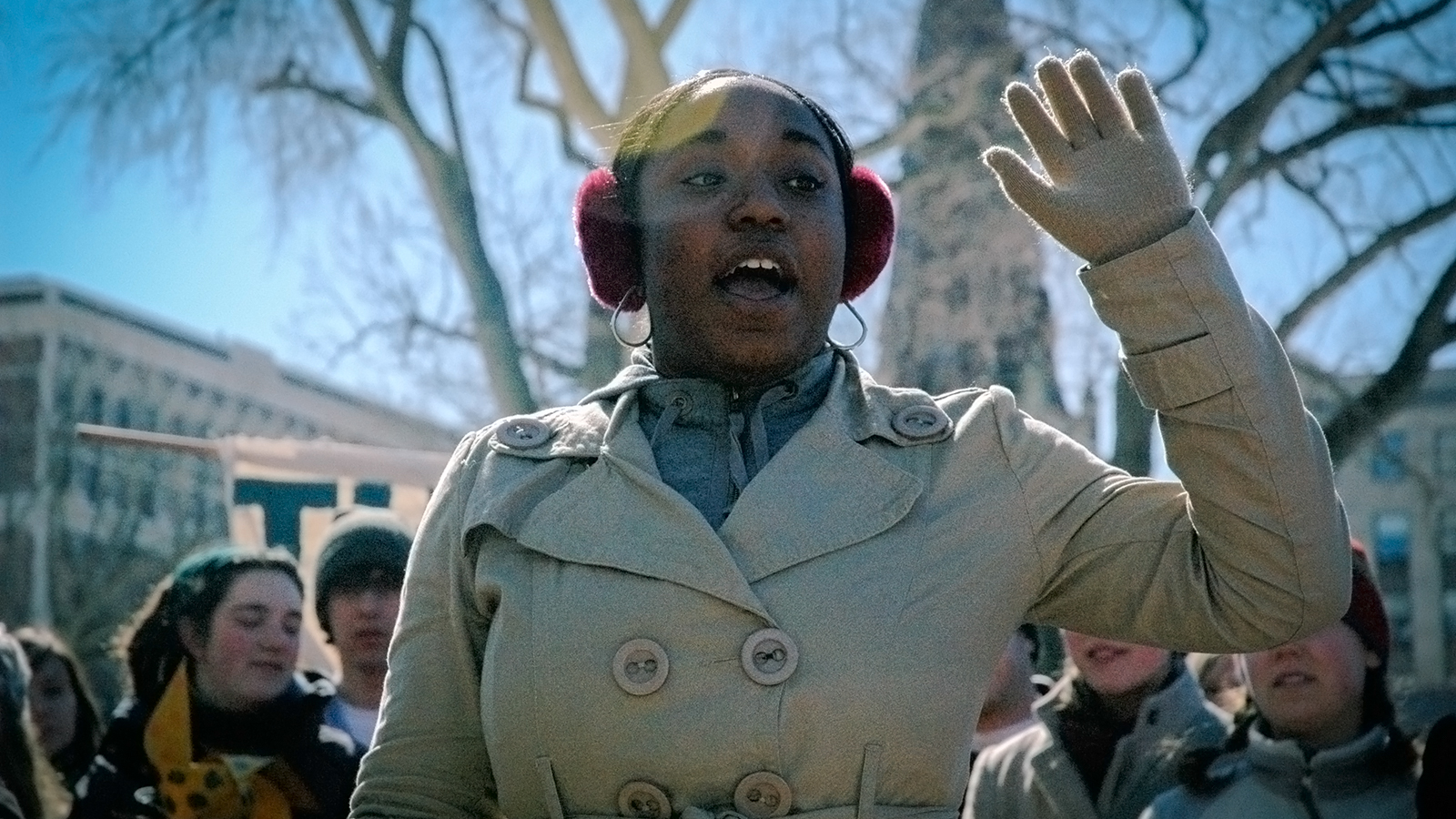
Shadia Fayne Wood of Survival Media
Black communities in the United States face a host of structural challenges that impact day-to-day life — from environmental injustice to heightened policing and racial profiling.
California’s most vulnerable were already breathing bad air. Heat and wildfires are making things worse.
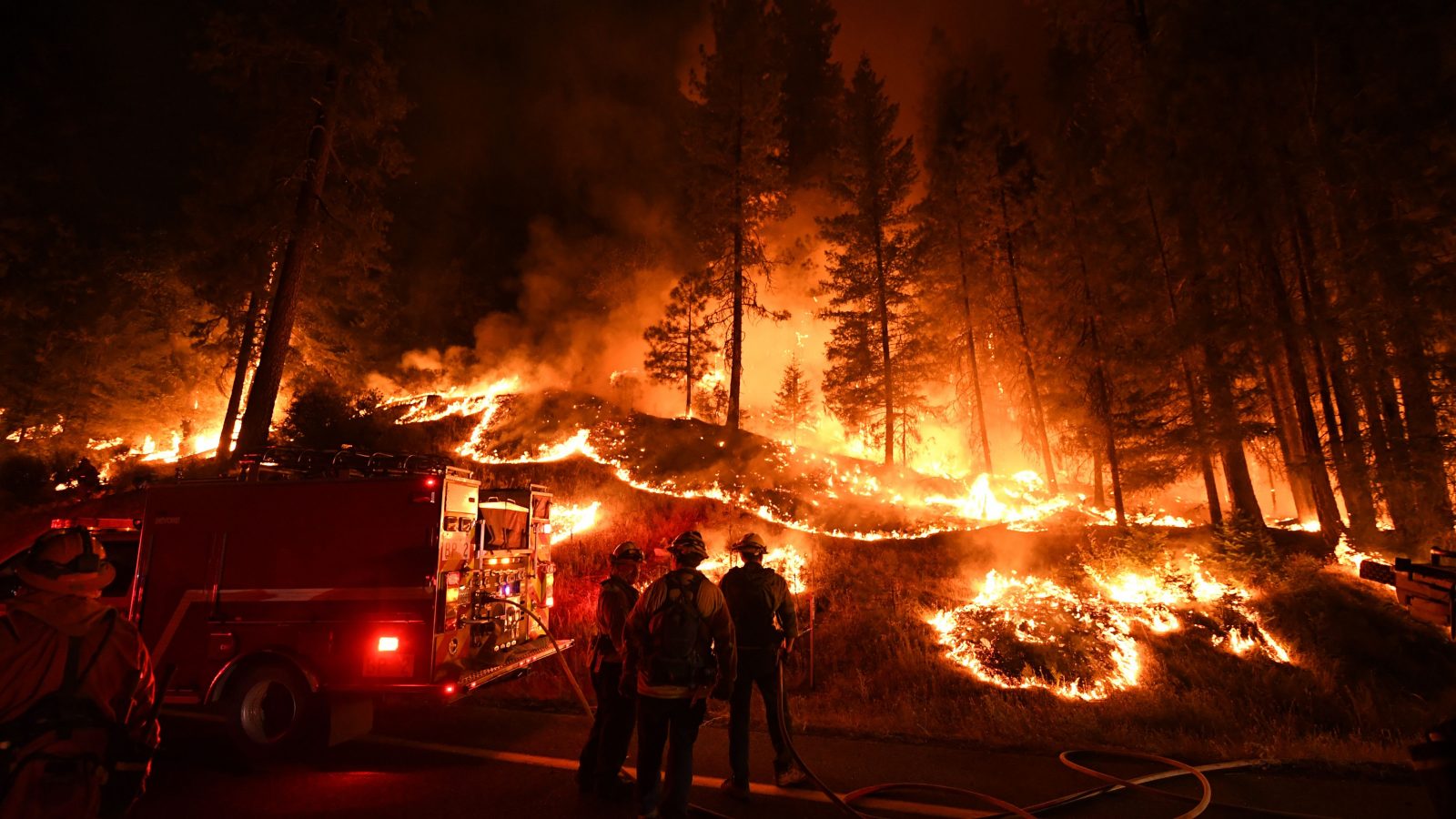
MARK RALSTON / AFP / Getty Images
It was a punishing summer in California. But it’s worse for those who live in the most polluted areas
On Thin Ice
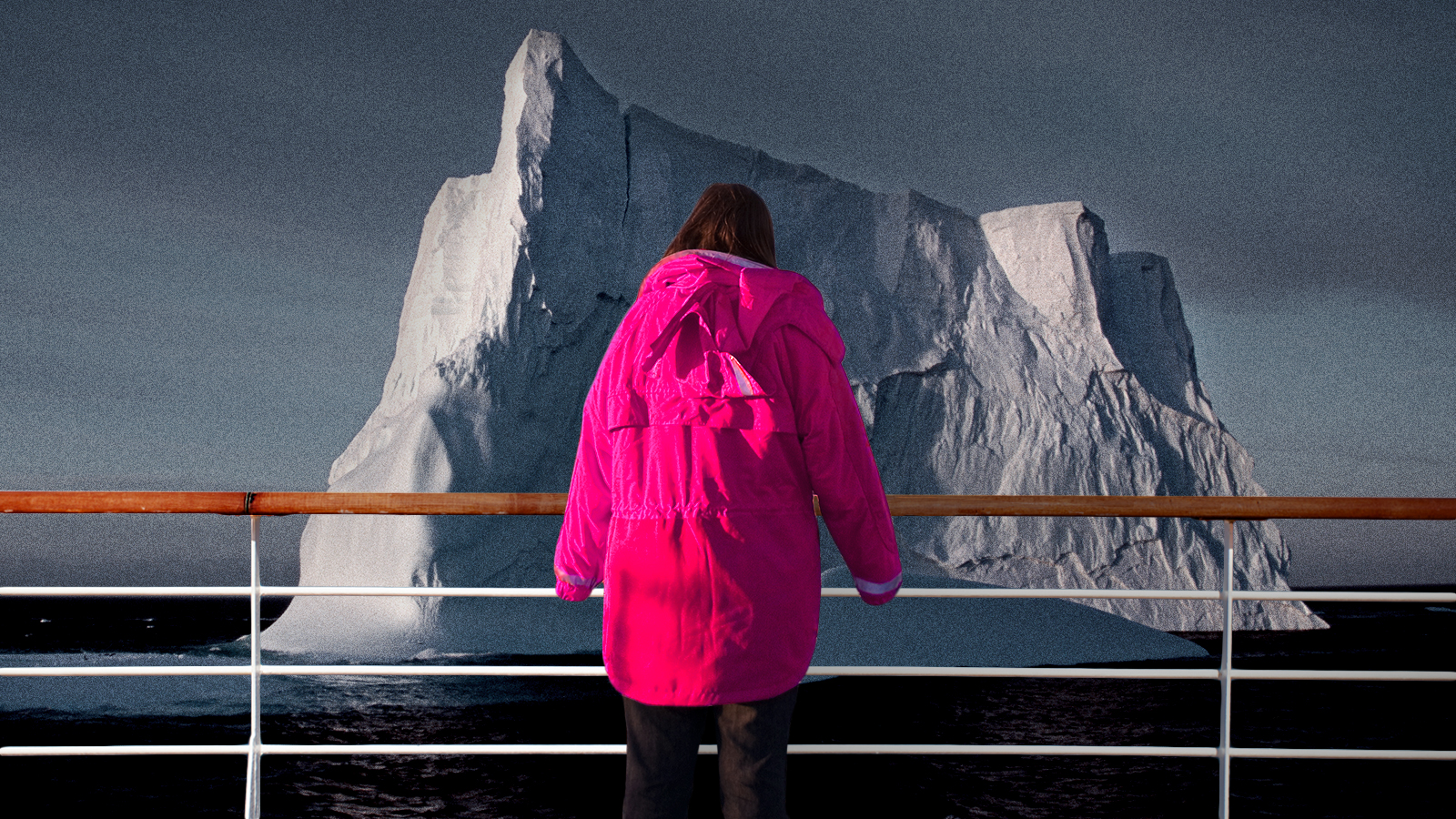
Grist / Michael DeFreitas / robertharding / Allan White / Winnie Au / Getty Images
Climate change circles are not immune to #MeToo. Homeward Bound was supposed to foster science’s next generation of female leaders. But it finds itself navigating treacherous waters.
